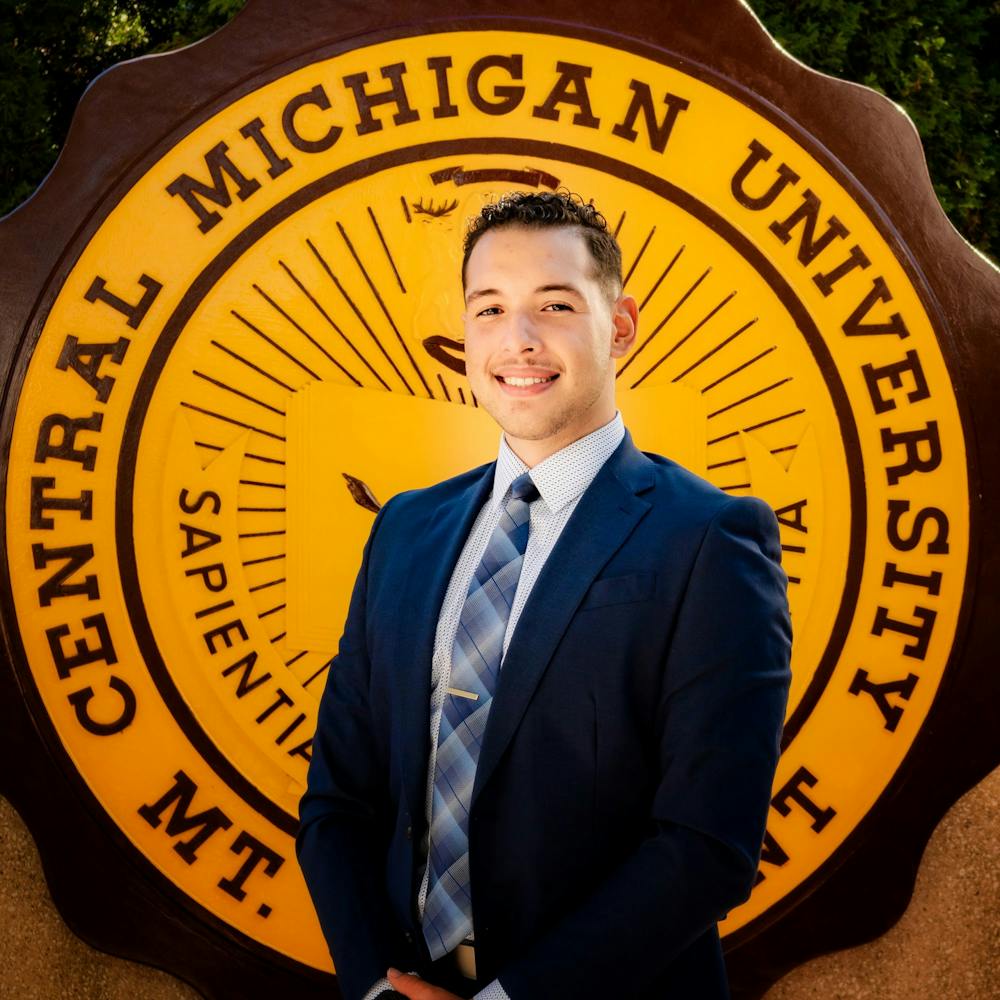Guest Column: Why I support closed captions but voted no on Rep. Moore’s legislation
I want to start off by saying yes, I believe the student body deserves to have closed captioning services be provided to them.
I sincerely believe such a service would benefit all students. In the words of SGA House Representative Nova Moore, “universal design helps everyone”.
However, the reasons for which I voted the way I did on Rep. Moore’s legislation goes beyond the simple “should we, the students, have live closed captioning – yes or no.'"
I voted no because the legislation lacked the argumentative foundation to make a good case to persuade the university as to why it should be done. To be clear, it was not that the bill was too radical, but that I felt it was not at its full potential.
My position as an elected member of the SGA Senate is to not only communicate the voice of the students to the university but also persuade them on why certain issues matter and to outline how we can improve on them.
From the very start, I praised this piece of legislation and saw its potential to positively impact everyone. Even now, I still believe the fight continues to make this service accessible and that it will positively impact both grades and lecture comprehension.
When the bill was brought to the floor of the senate, fellow senators and I continuously offered the sponsors constructive criticism to amend the legislation. However, after several weeks, only minuscule revisions were made despite the bill’s need for stronger content.
Personally, my biggest concern for the piece was the lack of any statements made about our student body actually wanting closed captions to be implemented. Instead of a “this is a good idea” argument, I wanted the inclusion of voices from the actual students. The bill included the statistics from other studies but as a researcher myself, I know the value behind hard data.
As I stated before on the senate floor, this is an expensive investment. If we, as a student body, are going to make demands of the university, we should at least have statistical data taken from our own student body to help our case.
Saying “we want closed captioning” and (for argument's sake) “85 percent of the student body surveyed believes closed captioning would positively impact their lecture comprehension while 70 percent believe closed captioning services would have a significant impact on their grades," bpresent themselves very differently when asking for a reallocation of funds. It has always been, and always will be, my goal to give the students a voice and this situation is a clear reflection of that duty.
A lot of misunderstanding in the past week has seemed to have taken place about what the senate’s unanimous “no” vote really means. It is not that, by the senate voting no, SGA will not implement closed captioning services.
Instead, this is more of a proposition that SGA makes to the university. Legislation passed in both the house and senate does not guarantee the university will follow through. This is why it is so important to write clear, well-researched and well-written legislation that constructs the best possible argument.
I am sorry for the impact that my words before the senate have caused. It was not my intent to seem that I do not care about the issue. My words were taken out of context.
To expand on my words from the Feb. 15th meeting, this is an expensive investment and we have to be sure we have a sound argument to make to the university. The cost at $0.75-$1 per audio hour will indeed add up quickly so it is imperative that we get this right.
In my eyes, the bill was going to be seen more as a luxury service by the university than a necessity for the students, especially when we consider the fact that accommodations are already made for individuals with disabilities.
At the time, I indeed would have liked to at least seen a resolution made for all professors to turn on the closed captioning services in both WebEx and Microsoft Teams for the time being.
After reading this, I hope you can understand that my goal always has been getting the implementation of closed captioning services. I sincerely believe in this idea and did not believe the legislation in its presented draft made a strong enough case to the university. As such, I have taken it upon myself to personally collect the data I wanted to see included in the legislation in my official investigative study and presented it to the university.
My oath and dedication of service lie with the student body, and I will continue to fight for a more inclusive and diverse campus. Closed captioning for all is a part of my platform and I know we can achieve this; we, together, need to do it right. The university will hear our voice and I look forward to working with Rep. Moore in the near future.
Lansing senior Ramiro Garcia is the Senator of the Office of Graduate Studies for SGA. His future plans include obtaining a PhD in clinical psychology and continuously adding to the field of psychology through research.




